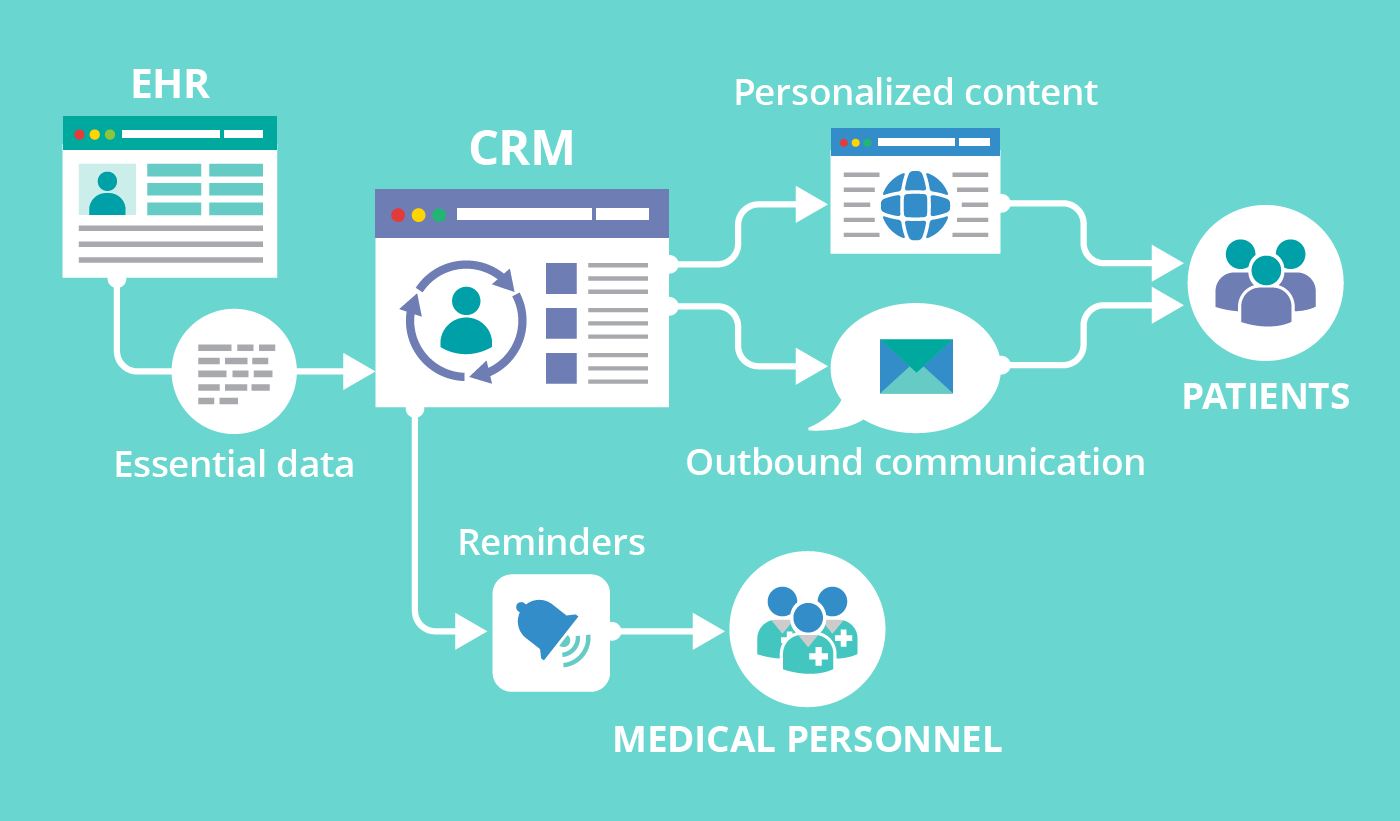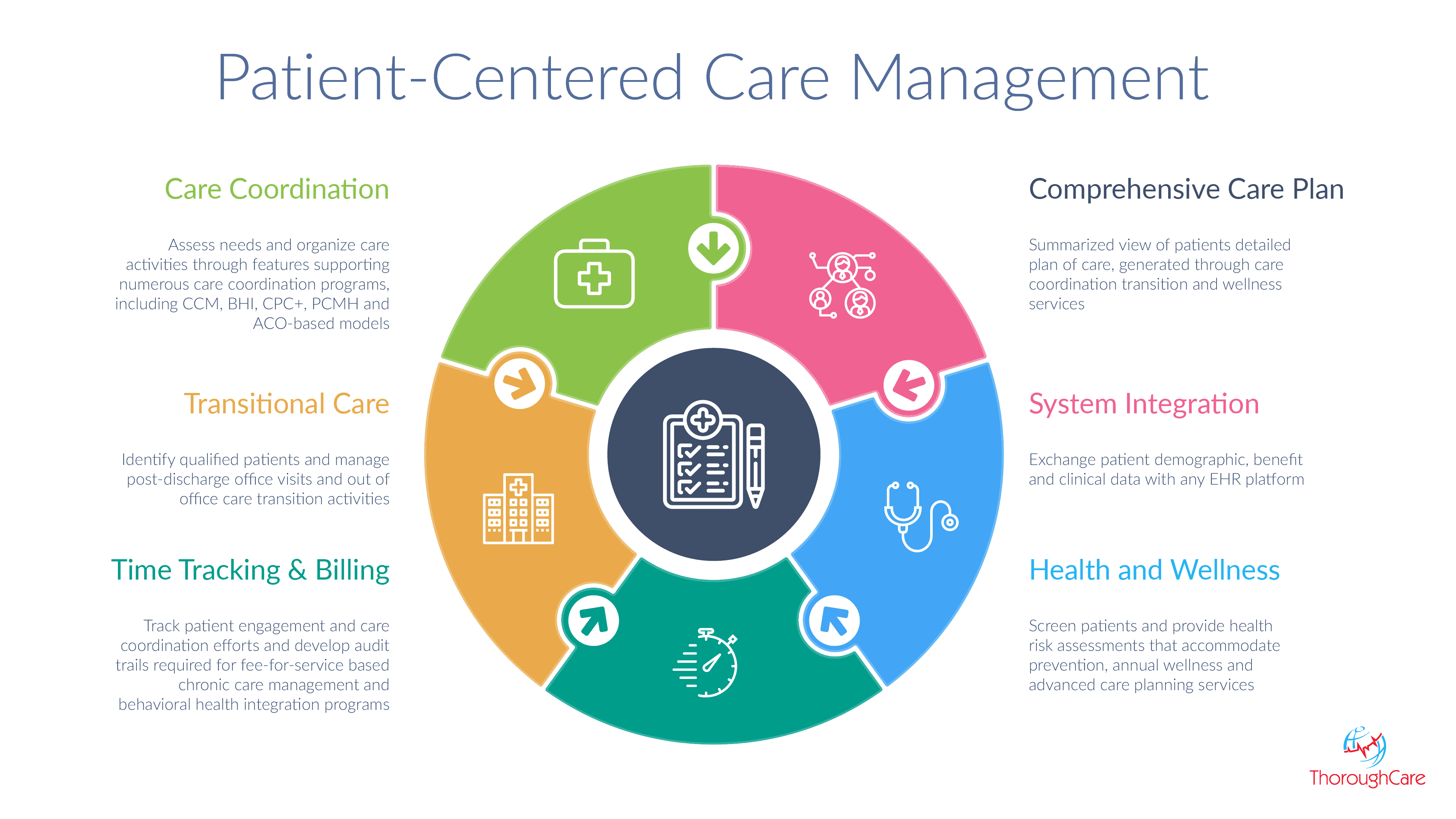CRM for healthcare providers is revolutionizing the industry, empowering healthcare organizations to enhance patient care, streamline operations, and achieve greater efficiency. By leveraging the capabilities of a robust CRM system, healthcare providers can optimize patient management, appointment scheduling, medical record management, and communication, ultimately leading to improved patient outcomes and reduced costs.
In this comprehensive guide, we will explore the key features, benefits, challenges, and best practices associated with CRM implementation in healthcare. We will also provide real-world case studies and discuss the future of CRM technology in this rapidly evolving field.
Introduction: Crm For Healthcare Providers
Customer Relationship Management (CRM) is a software that helps healthcare providers manage and track interactions with patients, leads, and referral sources. It provides a centralized platform to store patient data, manage appointments, track marketing campaigns, and automate tasks.
Using a CRM in healthcare offers numerous benefits, including:
- Improved patient care by providing a comprehensive view of patient history and preferences.
- Increased efficiency by automating tasks and streamlining workflows.
- Enhanced marketing efforts by tracking campaign performance and identifying potential patients.
- Improved communication by providing a central platform for communication with patients and referral sources.
Key Features of a CRM for Healthcare Providers

Customer Relationship Management (CRM) software plays a crucial role in healthcare by streamlining patient interactions, improving communication, and enhancing overall patient care. Here are some key features of a CRM specifically designed for healthcare providers:
Patient Management
A CRM system enables healthcare providers to manage patient information efficiently. It provides a centralized platform to store and organize patient data, including demographics, medical history, treatment plans, and insurance details. This comprehensive patient profile allows healthcare professionals to access relevant information quickly and make informed decisions.
Benefits of Using a CRM for Healthcare Providers

A CRM for healthcare providers can provide numerous benefits, including improved patient care, increased efficiency, and reduced costs.
Improved Patient Care
A CRM can help healthcare providers improve patient care by providing a centralized view of patient information, including medical history, treatment plans, and communication history. This information can be used to:
- Personalize care plans
- Identify potential risks
- Coordinate care between multiple providers
- Improve communication with patients
Increased Efficiency, Crm for healthcare providers
A CRM can also help healthcare providers increase efficiency by automating many tasks, such as:
- Scheduling appointments
- Sending reminders
- Tracking patient progress
- Managing insurance claims
Reduced Costs
By improving efficiency and reducing errors, a CRM can help healthcare providers reduce costs. For example, a CRM can help to:
- Reduce the number of missed appointments
- Improve insurance reimbursement rates
- Identify opportunities for cost savings
Challenges of Implementing a CRM for Healthcare Providers
Implementing a CRM in healthcare can be challenging due to various factors. These challenges include data security, user adoption, and integration with other systems.
Data Security
Maintaining patient data security is paramount in healthcare. CRMs must comply with regulations such as HIPAA to protect sensitive patient information from unauthorized access, breaches, or misuse. Robust security measures, including encryption, access controls, and audit trails, are essential to ensure data integrity and privacy.
User Adoption
Healthcare professionals are often busy and may resist adopting new technologies. Successful CRM implementation requires user buy-in and training to ensure they understand the benefits and can use the system effectively. Engaging users in the implementation process, providing ongoing support, and addressing their concerns can foster adoption and maximize the CRM’s value.
Integration with Other Systems
Healthcare organizations typically use various systems for patient management, scheduling, and billing. Integrating the CRM with these systems is crucial to avoid data silos and ensure seamless information flow. Successful integration requires careful planning, data mapping, and testing to ensure data accuracy and consistency across all systems.
Tips for Successful CRM Implementation
Implementing a CRM system successfully requires careful planning and execution. Here are some key tips to ensure a smooth implementation:
Get buy-in from all stakeholders
Involve all stakeholders, including clinicians, administrators, and support staff, in the implementation process. This ensures that everyone understands the benefits of the CRM and is committed to its success.
Develop a clear implementation plan
Create a detailed implementation plan that Artikels the project timeline, roles and responsibilities, and communication channels. This plan should be shared with all stakeholders and regularly updated.
Train staff on the new system
Provide comprehensive training to all staff who will be using the CRM. This training should cover the system’s functionality, best practices, and troubleshooting tips.
Monitor the system’s performance and make adjustments as needed
Regularly monitor the CRM’s performance to identify areas for improvement. Make adjustments to the system or processes as needed to ensure that it is meeting the needs of the organization.
Case Studies of Successful CRM Implementations in Healthcare
Healthcare providers across the globe have leveraged CRM systems to streamline their operations, enhance patient engagement, and improve overall healthcare delivery. Here are a few notable examples of successful CRM implementations in the healthcare industry:
Cleveland Clinic
Cleveland Clinic, a renowned academic medical center, implemented a CRM system to centralize patient data, improve communication, and enhance care coordination. The CRM system enabled the clinic to gain a comprehensive view of each patient’s medical history, preferences, and interactions with the healthcare system.
This resulted in improved patient satisfaction, reduced readmission rates, and increased operational efficiency.
Kaiser Permanente
Kaiser Permanente, one of the largest integrated healthcare systems in the United States, implemented a CRM system to improve patient engagement and personalize healthcare experiences. The CRM system allowed Kaiser Permanente to track patient interactions, identify opportunities for outreach, and deliver targeted health information and support.
This led to increased patient loyalty, improved health outcomes, and reduced healthcare costs.
Intermountain Healthcare
Intermountain Healthcare, a non-profit healthcare system based in Utah, implemented a CRM system to enhance care coordination and improve patient outcomes. The CRM system integrated data from multiple sources, including electronic health records, patient portals, and call center interactions. This enabled Intermountain Healthcare to identify high-risk patients, proactively manage their care, and reduce preventable hospitalizations.
Future of CRM in Healthcare

The future of CRM in healthcare is bright, with many exciting trends on the horizon. As technology continues to evolve, we can expect to see even more innovative and effective ways to use CRM to improve patient care. One of the most important trends is the increasing use of artificial intelligence (AI) in CRM.
AI can be used to automate tasks, such as scheduling appointments and sending reminders, which can free up healthcare providers to spend more time with patients. AI can also be used to analyze data and identify trends, which can help healthcare providers make better decisions about how to care for their patients.
Another important trend is the increasing use of mobile CRM. Mobile CRM allows healthcare providers to access patient information and manage their schedules from anywhere. This can be a major convenience for healthcare providers who are often on the go.
Mobile CRM can also help to improve patient care by making it easier for healthcare providers to stay connected with their patients.
The Continued Evolution of CRM in Healthcare
As the healthcare industry continues to evolve, so too will CRM. We can expect to see even more innovative and effective ways to use CRM to improve patient care. Some of the specific ways that CRM will continue to evolve include:
- The use of AI to automate tasks and improve decision-making.
- The increasing use of mobile CRM to make it easier for healthcare providers to stay connected with their patients.
- The development of new CRM tools that are specifically designed for the healthcare industry.
- The integration of CRM with other healthcare technologies, such as electronic health records (EHRs) and patient portals.
These are just a few of the ways that CRM will continue to evolve in the healthcare industry. As technology continues to develop, we can expect to see even more innovative and effective ways to use CRM to improve patient care.
Last Recap
CRM systems are poised to play an increasingly vital role in the healthcare industry, enabling providers to deliver exceptional patient experiences, optimize resource allocation, and drive innovation. By embracing the latest CRM advancements, healthcare organizations can position themselves for success in the years to come.
Essential Questionnaire
What are the key benefits of using a CRM in healthcare?
Improved patient care, increased efficiency, reduced costs, enhanced communication, and streamlined operations.
What are the challenges of implementing a CRM in healthcare?
Data security concerns, user adoption challenges, and integration issues with existing systems.
What are the best practices for successful CRM implementation in healthcare?
Gain stakeholder buy-in, develop a clear implementation plan, train staff thoroughly, and monitor system performance.